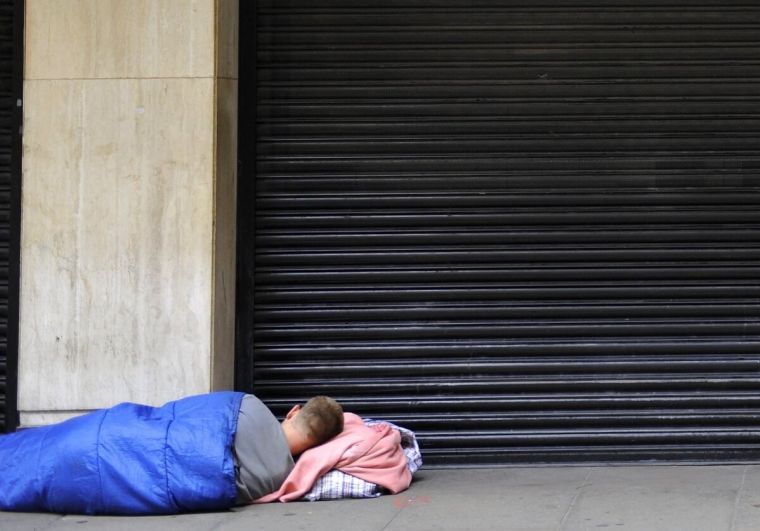Charity and love: Why the two are not the same
Pope Francis touched on dangerous territory over the weekend.
It was not homosexuality within the Church. Or divorced Catholics. Or clerical sex abuse. Or his allegedly "liberal" agenda.

The pontiff spoke on the relationship between almsgiving and love.
Almsgiving is the ancient practice of giving money or food to those in need. We might call it giving to charity.
Pope Francis told a crowd of around 50,000 in St Peter's Square that almsgiving is not "simply hastily given change without looking at the person, without stopping to talk, to understand what they really need."
Instead "it is an act of sincere attention for those who come towards us to ask for our help, done in secret and whose value only God sees and understands".
This is a dangerous subject because the relationship between charity and love is a fine line to tread. Of course giving money is essential. And it is usually done with love. Tithing for example is an ancient habit encouraged by God. Without regular giving as well as one off appeals, many thousands more would have died unnecessarily through drought, starvation, natural disasters and preventable disease.
But Francis' point is we must not use giving money as an excuse to pass over people in need without letting them affect us. "For us almsgiving must also be a sacrifice," he said.
Charity can be harmful. Not just when mistakes are made or funds spent inappropriately. But often we use charity as a means to appease our consciences. We dampen the guilt that might lead to a more inconvenient form of sacrifice by telling ourselves we have "done our bit".
Francis said: "Offering mercy cannot be a burden or a nuisance to get rid of quickly." Too regularly that is what charity becomes. A quick and easy means to quieten our troubled consciences.
We use it as a way to prevent an actual encounter with a person in need. Charity can help create a distance between the giver and the receiver so neither really has an impact on the other's life. By starting a standing order or popping a fiver in the collection plate we can maintain that barrier so we don't have to endure the disturbance of actually confronting poverty.
Charity prevents change in many ways. Rather than helping to alleviate poverty it can actually sustain it if it does not help teach a way out.
But fundamentally charity can prevent change by preventing individuals from being changed. If charity does not "carry all the richness of mercy" it becomes another means of maintaining the status quo. Real love requires face to face contact. It requires one life changed and impacted by another's and visa versa. If a monthly donation or the occasional quid into the charity pot takes away from that encounter then charity has lost its roots in mercy.
It is a fine line to tread. We need charity. But we need love more. And the former should not be mistaken for the latter.











